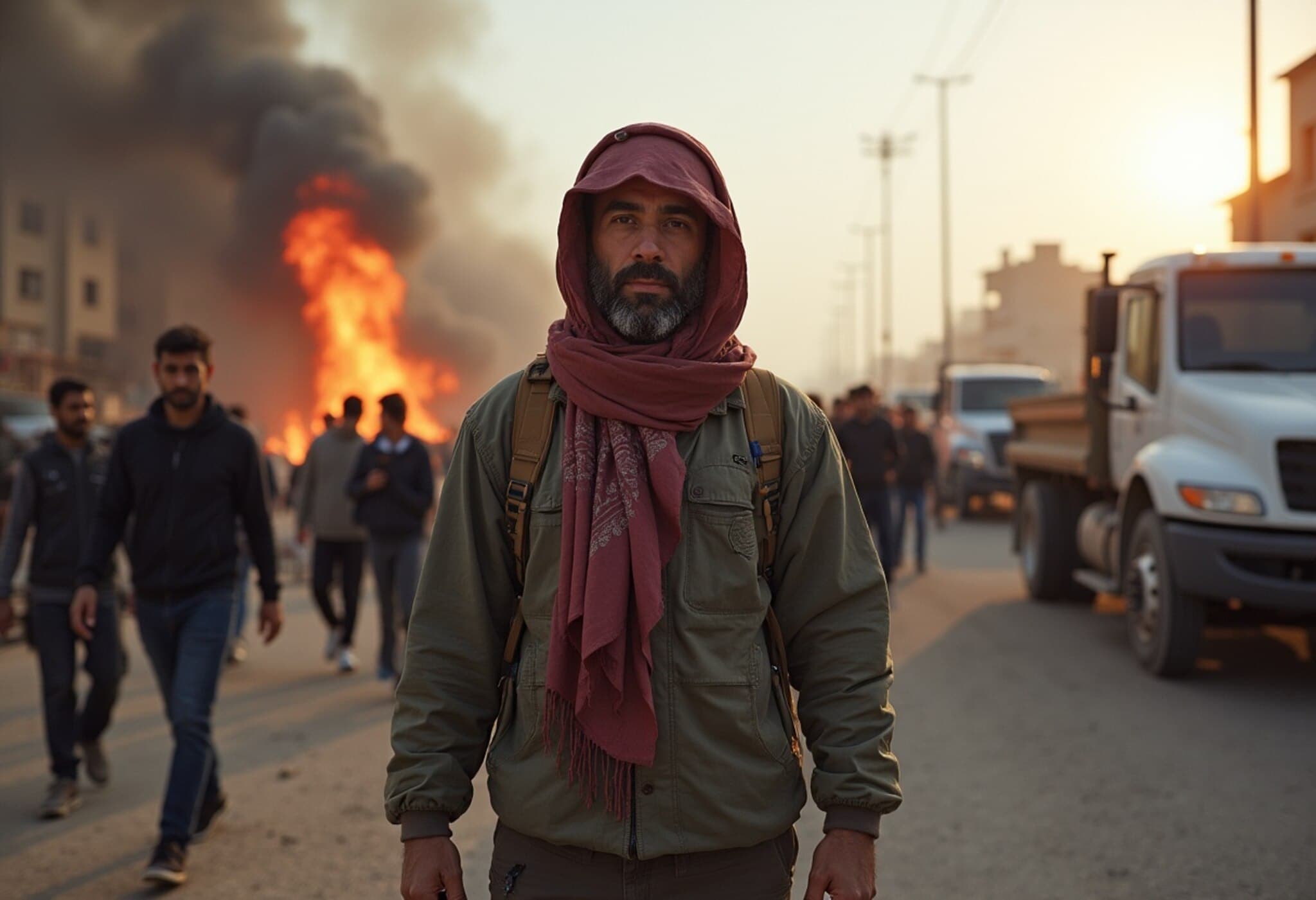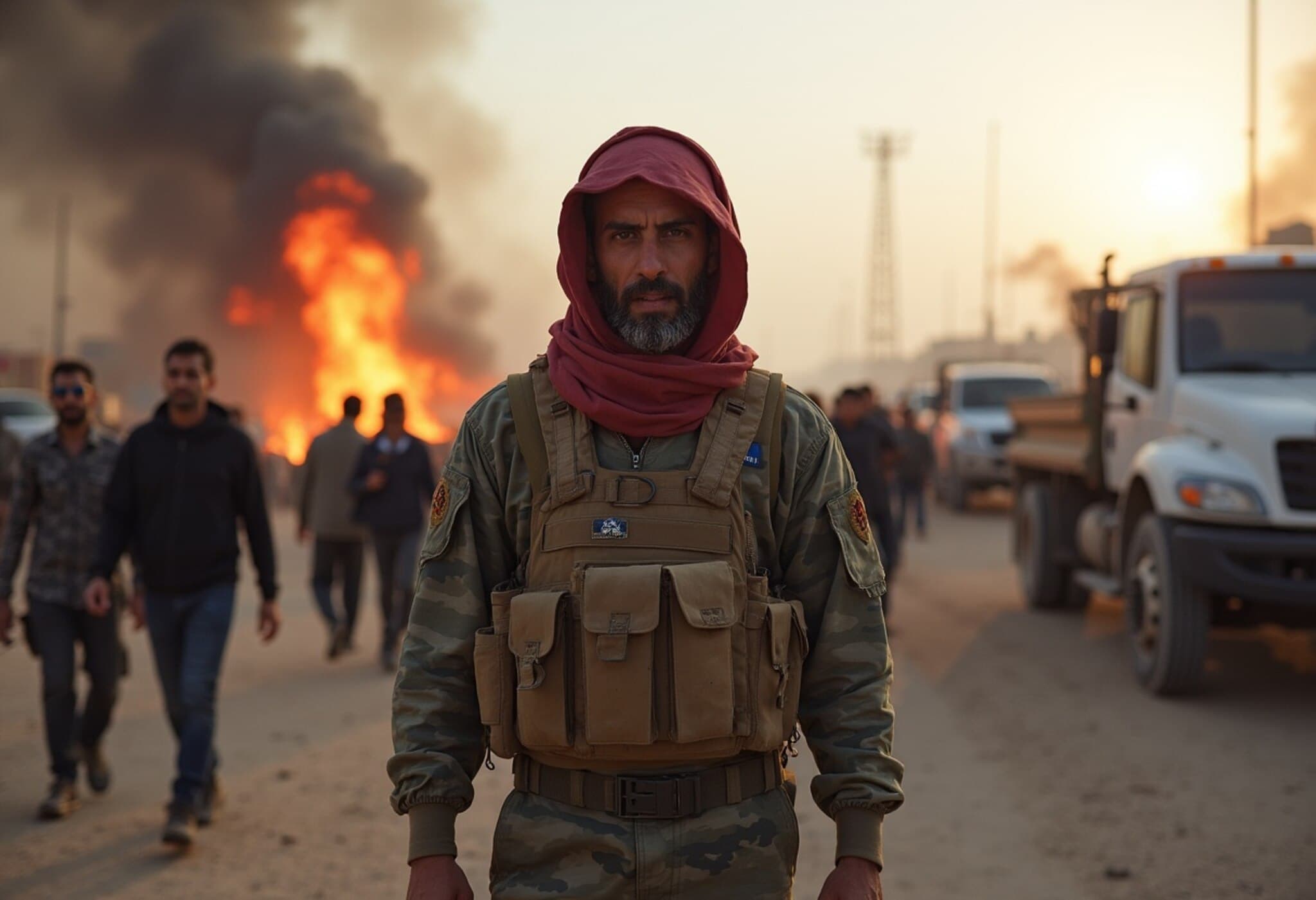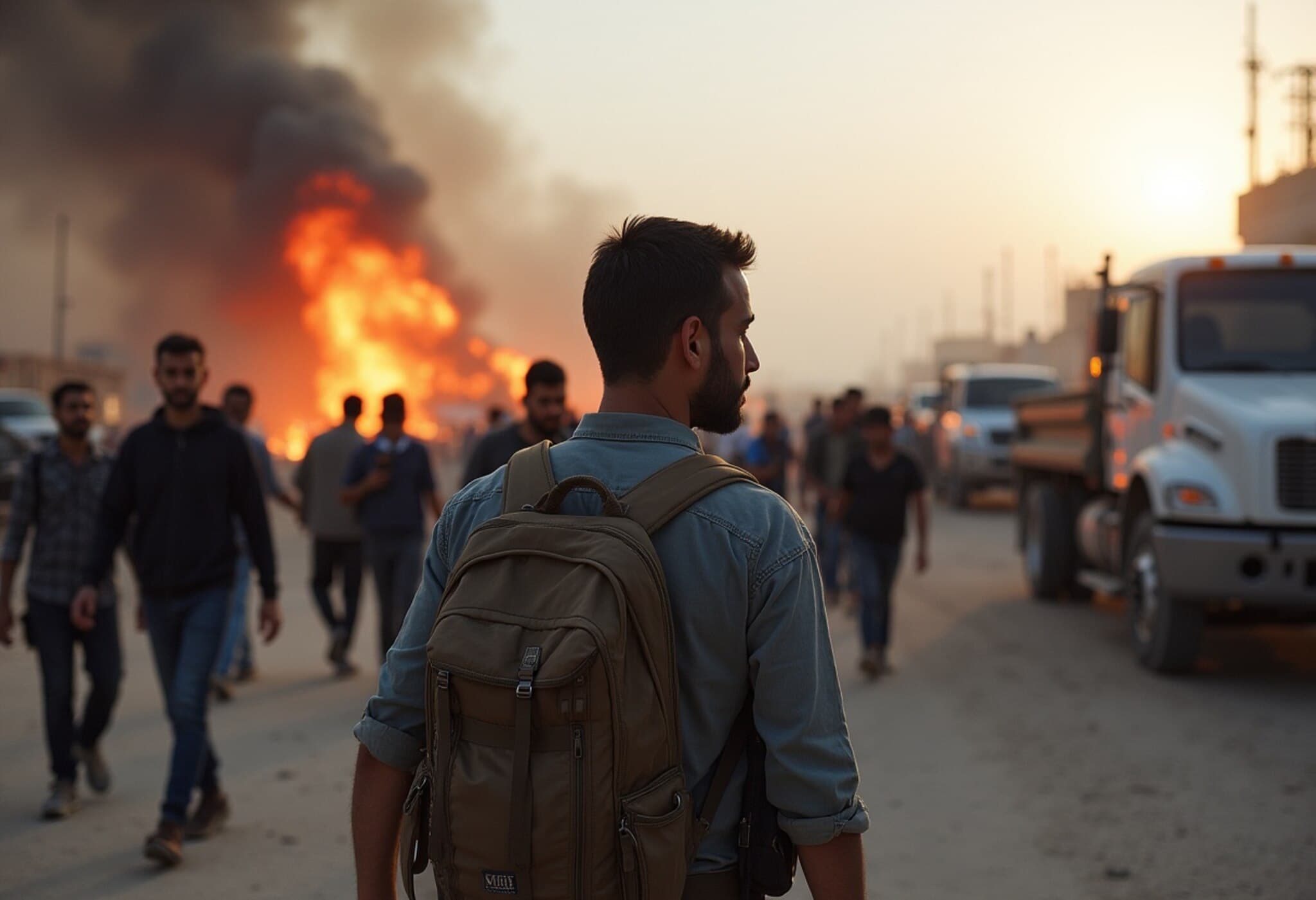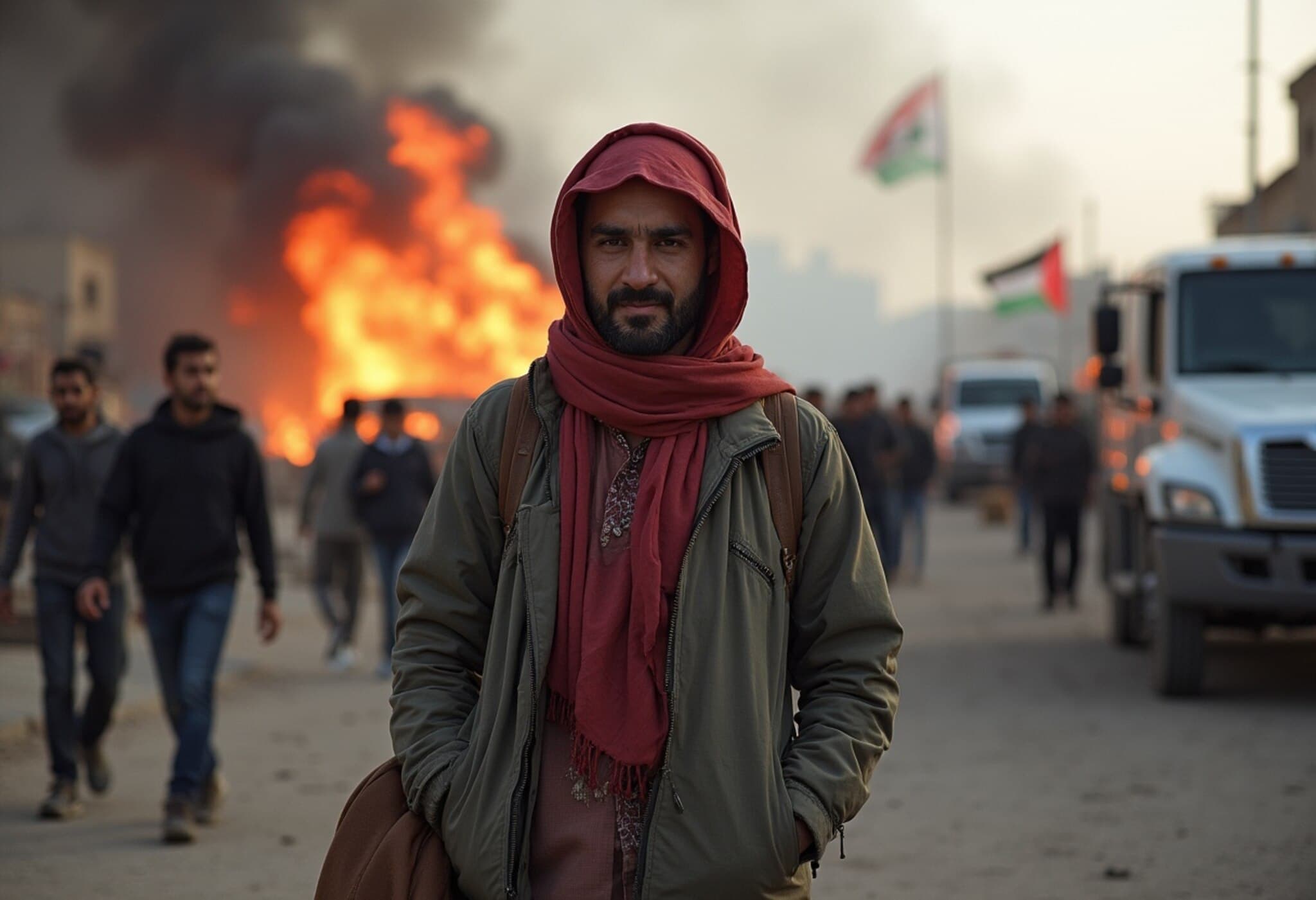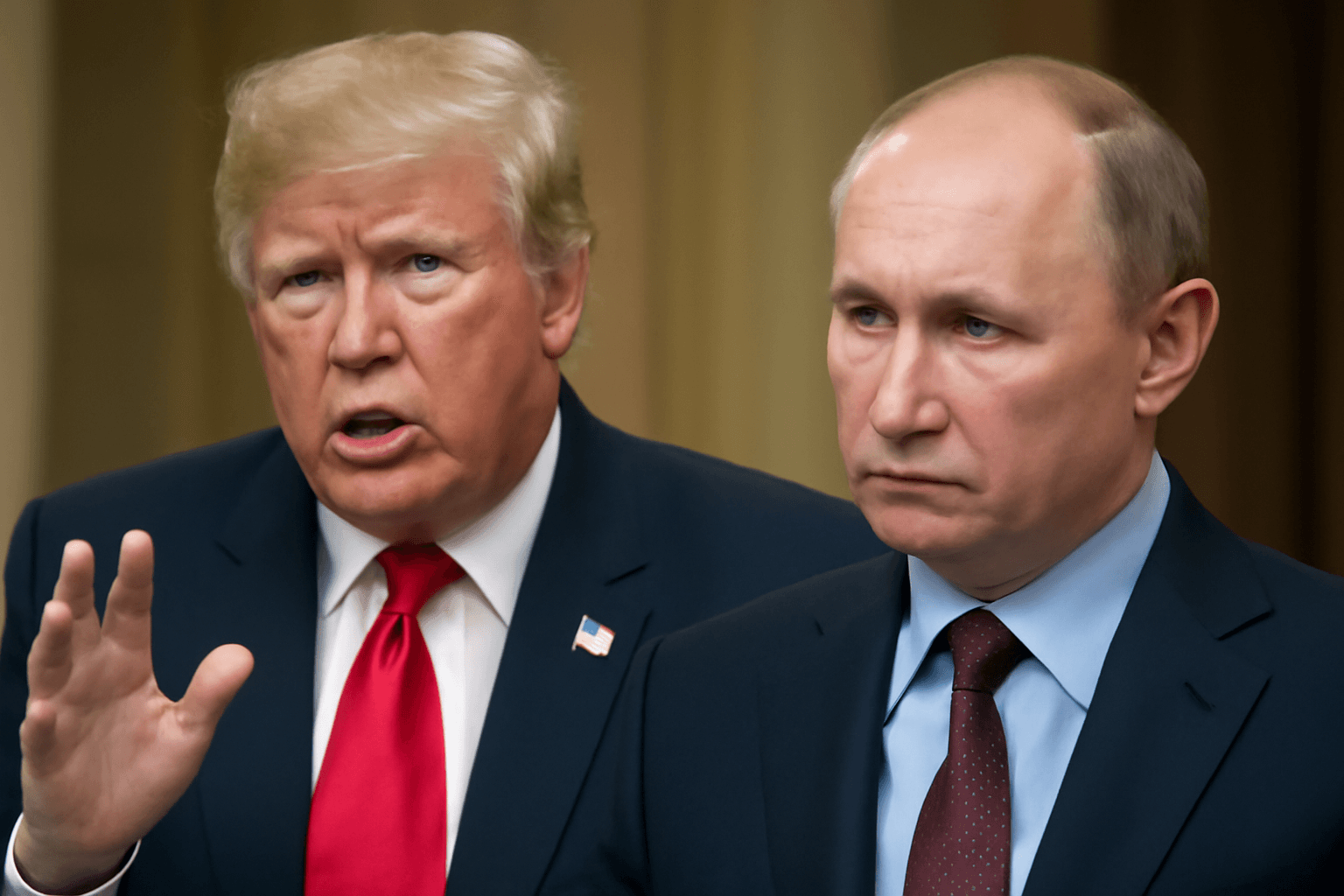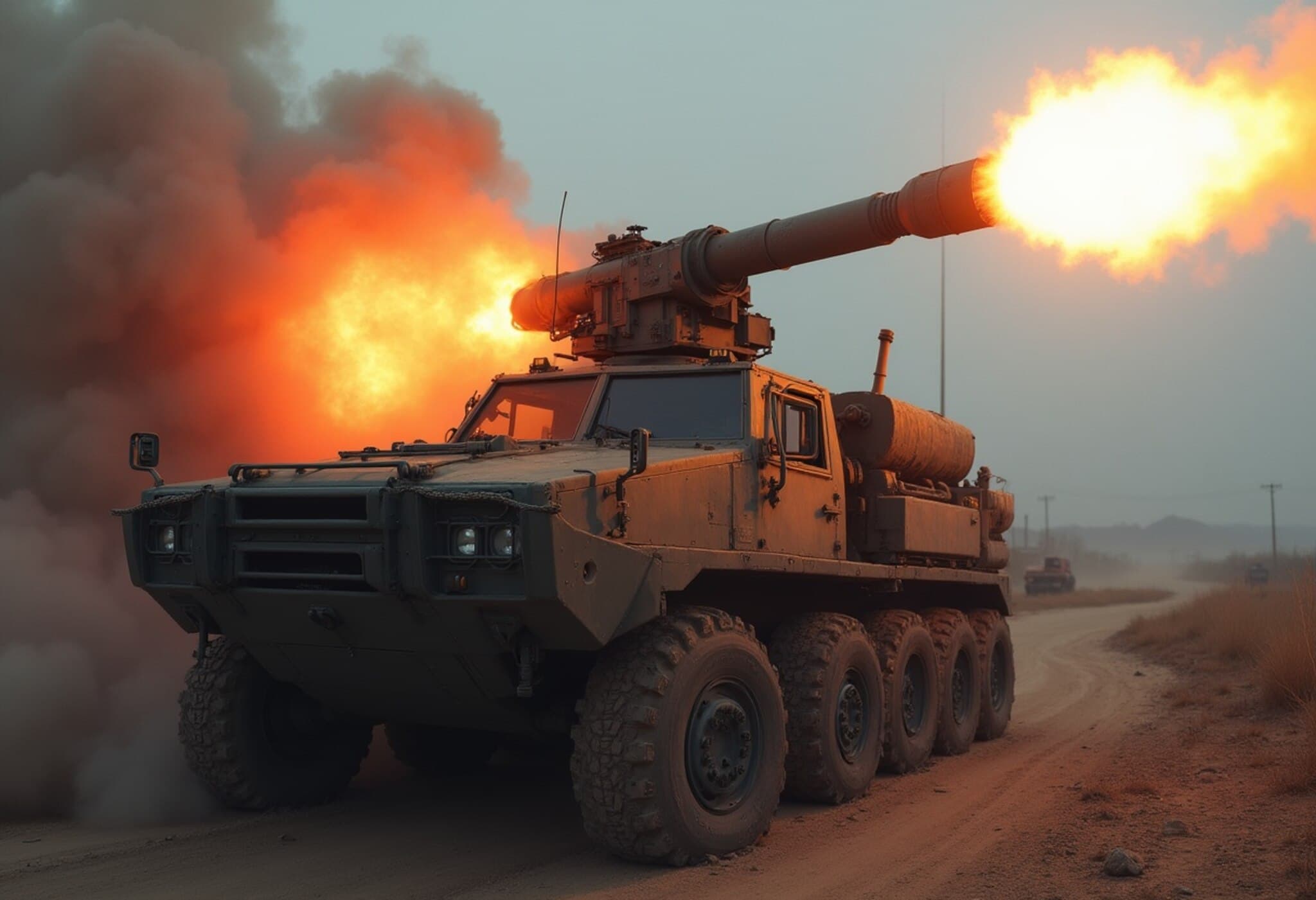UN Special Rapporteur Francesca Albanese Condemns US Sanctions Amid Gaza Investigation
Francesca Albanese, the United Nations Special Rapporteur focused on the human rights situation in the West Bank and Gaza, has openly criticized the United States for imposing sanctions against her. Describing the punitive action taken during the Trump administration as a “sign of guilt,” Albanese’s strong response highlights the mounting tensions surrounding her investigations into alleged human rights violations in the Palestinian territories.
A Bold Statement Against Political Pressure
In a poignant message posted on X (formerly Twitter), Albanese framed the sanctions as a symptom of powerful interests targeting those who advocate for marginalized voices. “The powerful punishing those who speak for the powerless is not a sign of strength, but of guilt,” she wrote, underscoring the risk that political maneuvers pose to independent human rights work.
Her role as an independent UN official involves gathering evidence and reporting on abuses amid a longstanding conflict that often ignites polarized international reactions. The U.S. State Department’s decision to sanction her was linked to her vocal criticisms of Israel’s military actions in Gaza, and her support for accountability mechanisms including the International Criminal Court’s (ICC) investigations.
Putting Gaza’s Humanitarian Crisis Under the Spotlight
Albanese has consistently pleaded with the global community to keep focus on the humanitarian catastrophe unfolding in Gaza. Her calls stress the urgent need for international cooperation and intervention as civilians, including children, endure extreme deprivation amid ongoing hostilities.
“All eyes must remain on Gaza, where children are dying of starvation in their mothers’ arms, while their fathers and siblings are bombed into pieces while searching for food,” she implored.
'I Have Hit a Nerve,' Says Albanese
In an interview with Middle East Eye, Albanese reflected on the sanctions as evidence that her work strikes a sensitive chord. “It looks like I’ve hit a nerve,” she remarked, lamenting the inability of international bodies to intervene effectively while lives are lost.
An experienced human rights lawyer, Albanese has used forceful language to describe the conflict in Gaza, including terms such as “genocide” to characterize Israel’s military conduct—a characterization fiercely denied by both Israel and the United States.
The Broader UN and International Response
UN Secretary-General António Guterres condemned the sanctioning of Albanese as setting a dangerous precedent that risks intimidating independent investigators. Yet, he clarified the limits of his authority over such special rapporteurs.
Meanwhile, Jürg Lauber, President of the UN Human Rights Council, expressed regret over the US decision, urging all member states to cooperate fully with rapporteurs and to avoid any intimidation or reprisals that could undermine the council’s mandate.
The UN High Commissioner for Human Rights has joined calls to halt attacks against international officials, including those working with the ICC, which has itself faced sanctions from the US under similar contentious circumstances.
Challenging Israeli Policies and US Alliance
Albanese’s investigations and reports have increasingly focused attention on alleged Israeli policies in Gaza and the West Bank, calling for global pressure, including sanctions, to stop ongoing violence. Her vocal backing of ICC indictments targeting Israeli leaders, including Prime Minister Benjamin Netanyahu, has been a lightning rod for controversy.
Following the announcement of sanctions against her, US Secretary of State praised Israel’s right to self-defense and criticized Albanese’s “campaign of political and economic warfare against the United States and Israel.” This statement emphasizes the fraught intersection of diplomatic alliances and international justice efforts.
Criticism and Controversy Surrounding Albanese
Albanese remains a divisive figure. Pro-Israel groups and officials, particularly within the US, have accused her of a persistent bias, alleging that her descriptions of Israeli actions as genocide or apartheid are unfounded and inflammatory. The US mission to the UN has called for her removal, citing a pattern of antisemitism—charges Albanese and her supporters categorically reject.
Contextual Insight: The Struggle Between International Accountability and Power Politics
The sanctions against Albanese epitomize a larger international struggle: the tension between enforcing human rights standards and the geopolitical realities that protect powerful states from scrutiny. The US, a key ally of Israel, wields its political and economic influence to shield partners from international legal consequences, complicating the UN’s ability to conduct impartial investigations.
From a US policy perspective, maintaining strong ties with Israel remains a cornerstone of Middle East strategy, but this relationship increasingly clashes with global demands for human rights accountability and legal norms, spotlighted by figures like Albanese.
What’s Next?
- The international community faces pressure to uphold the independence of human rights investigators while balancing complex diplomatic relationships.
- Albanese’s work underscores the urgent need for tangible humanitarian relief efforts in Gaza and renewed diplomatic efforts to stem violence.
- The precedent set by sanctioning UN officials threatens to deter other investigators from pursuing controversial yet crucial human rights work.
Editor’s Note
Francesca Albanese’s sanctioning by the US throws into sharp relief the contentious intersection of human rights advocacy, geopolitical alliances, and international law. This situation raises pressing questions: How far can powerful nations go to shield themselves or allies from scrutiny? And at what cost to the victims caught in conflicts like Gaza? As we watch the international response unfold, it remains imperative to safeguard the independence of human rights actors—those rare voices speaking truth to power amid conflict and crisis.













